Go find a favorite book today!
|
A good story pulls you into it and surrounds you like a warm summer day. It fills you with the rich heady scent of flowers in bloom and feeds you like the finest nectar.
Go find a favorite book today!
Comments
History is ever reflected in writing, and the lessons learned during the American Civil War are still taught in fiction set a galaxy away and centuries in the future. The value of human life and the necessity of freedom. The cost of war and the cost of peace both taken to extremes. The power of new technology to deal death, and the helplessness of medicine to prevent it. How illness is ever the greater enemy than any war.
So today we remember the source of our knowledge. Rest in peace brothers., fathers, sons, sisters, mothers, daughters. No matter what medium an artist or author works in there will always be criticism. Some if it is very beneficial. There is always more to learn and accepting the advice and warnings of other artists and the complaints of fans can help one read and grow. However there are also things that one should simply ignore. Hate mail, detail free criticisms that offer no useful information should not be allowed to ruin your day.
Stirring up strong emotions is not the goal of every story, and more often than not it is sadness or affection that are the target emotions of an author. Sometimes however the author succeeds is making the readership furious. This can be over an injustice in the story if intentional, or a gross inaccuracy if not, and sometimes they get upset at the misuse of words. For instance, mad is not synonymous with angry folks. It is synonymous with crazy. So no a person can't #MakeMeMadIn5Words.
There is a trope in storytelling, and life, that says that as a child matures into an adult they think that they are somehow strange and different from everyone else. It is played off of in a hundred other tropes from self discovery to betrayal and adventure. For those formative years through the teens the character is a conflicting mass of emotions and impulses. This does have a firm grounding in reality and to write a character without it would be very odd indeed. But Why?
Perhaps it is because even the most statistically, plain Jane, character is strange during these years. That is strange to them selves. The infant is supremely unaware and as she/he grows into a child they slowly gain awareness of what they like, what they want, and who they are. Then, with the drop of a hormone producing gland suddenly everything is different. They feel strange. They are no longer what they were. Meanwhile they can see their peers around them behaving in perfectly statistically predictable ways. They can see the "normal" of their behavior and growth. They only thing they can't see is the equally normal feelings of strangeness that their peers are equally strongly trying to hide. So they think that they are the only one who feels this way. How do you handle writing characters during this time-frame? Forms of visual expression like dance can be difficult to incorporate into the written word. After all, the entire experience is about what the audience is seeing. While an individual scene might be easy or possible to describe every change in position is a new scene and a picture is indeed worth a thousand words. It is the same from tap-dance to the tango.
With a known dance, one that has permeated the culture the author can take the short cut of relying on the knowledge of the audience. Perhaps, 'The child danced a jig from joy.' For more complex but refined dances like ballet there are specific terms that can be used. 'The ballerina stood proudly in arabesque at the end of the set.' But these must be targeted carefully at an audience. To describe a free flow of dancing movement might take pages of effort and requires that the audience be invested if they are to stick with it. Do any other writers out there have a method for describing scenes of artistic movement? If ever there was a deserving decedent of Chekhov's gun it has to be the shiny red button. If there is a big red button in a story (whatever medium) it is going to get pressed, or else the story will revolve around the struggle not to press it. It is Pandora's box and Tantalus all in one. Given that in real life big red buttons are usually used for exciting emergencies; setting off alarms in elevators (not that this author ever did that as a child mind you dear reader...don't do that), bringing a production factory to a screeching halt, or just to signal a big deal in an add campaign (this author is looking at you "Easy Button") it is no wonder that humans wonder that it does and what would happen. When the trope is turned on its head the button does nothing, or something harmless like releasing soap bubbles into the snow. A third twist makes the characters think nothing has happened but actually the button triggered something out of the range of the characters' awareness.
What are your favorite "red button" (it doesn't have to actually be a button) stories? Given that most, if not all, fiction stories are predicated on conflict it is no surprise that there are a lot of deaths. What was the story that touched you the most as a child? Mostly it was one where someone died. From the titular character of "Charlotte's Web", to the red mare in "Black Beauty", to most of the cast of a modern TV drama, death and the ensuing emotions sell. One of the best ways to enhance the emotions is through a eulogy. The characters stand around and recite solemn words, or break into screams of grief, or spit in spite. This scene can really define each character remaining.
What was a poignant death scene from your early reading career? Today is #BikeToWorkDay2016. This is where being an author comes in handy. All an author has to do is peek out the window at the snow storm, wander too the mud room to check on the bike, and say "Yep, I participated."
One of the best ways to keep a story interesting is to send a character into a dangerous situation. A popular dangerous situation is an ice cavern. Simply given how naturally dangerous they are the prize at the end must be pretty impressive to lure most protagonists down there. What do you think likes at the bottom of this ice palace?
|
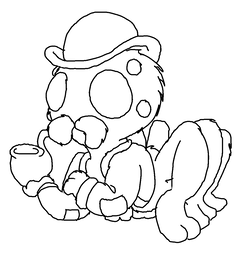 Teespring Store
Buy COOL Merch Teespring Store
Buy COOL Merch
AuthorBetty Adams is an up and coming author with a bent for science and Sci-fi. Archives
July 2024
|

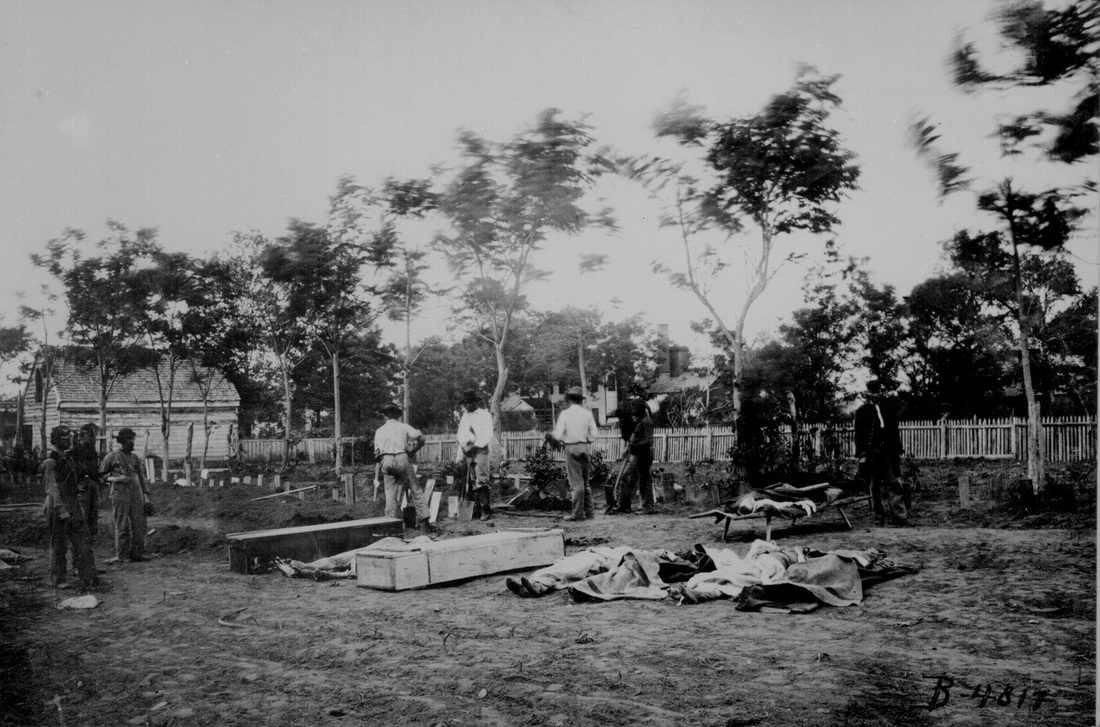
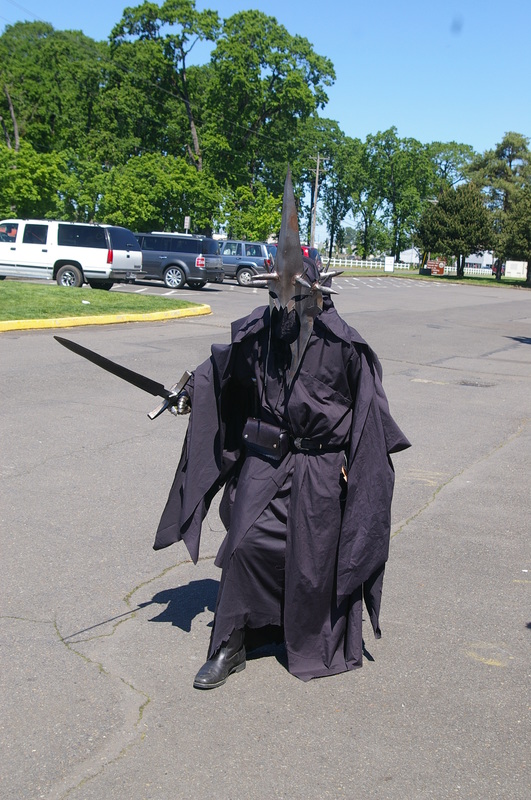



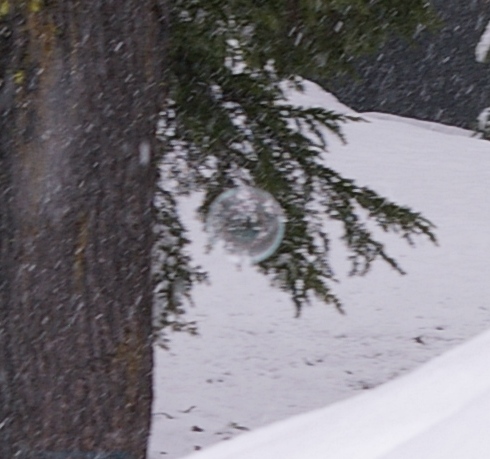



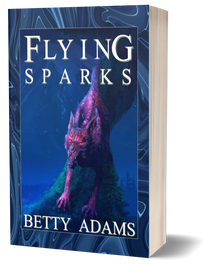
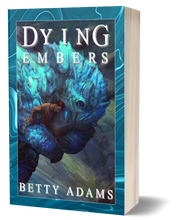
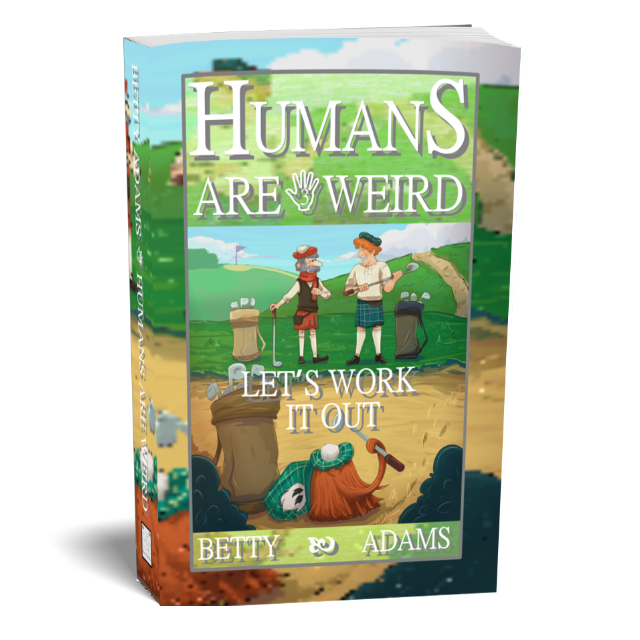
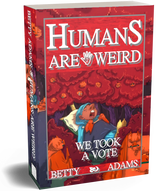
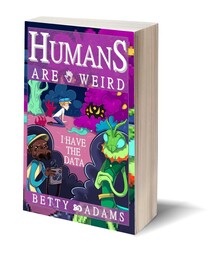
 RSS Feed
RSS Feed


